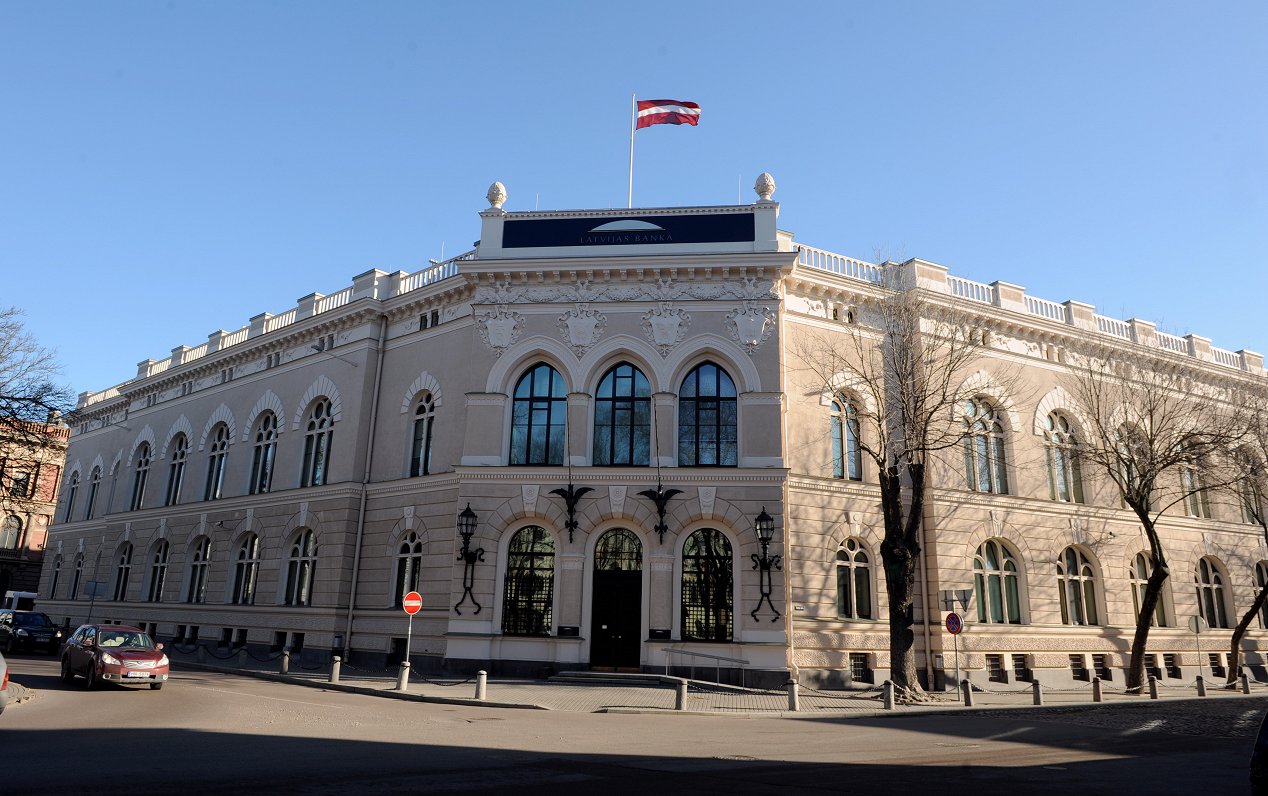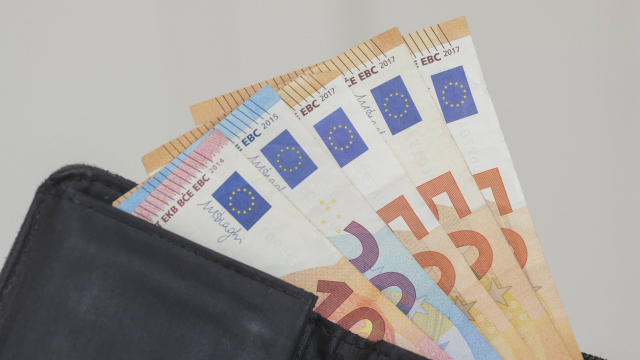Consequently, despite being the theoretical host of the meeting, Rimšēvičs is not expected to attend. He is barred from leaving the country and barred from the premises of the Latvian Central Bank - so ironically, the venue is the one place in Latvia where he could not join his colleagues to take part in decision-making about the eurozone.
In a Bloomberg preview of the meeting, Rimšēvičs continued to maintain that the restrictions placed on him were illegal. Meanwhile the ECB is still awaiting a decision from the Court of Justice of the European Union (ECJ) on the Rimšēvičs affair.
The ECB is requesting a ruling on whether Latvian authorities have breached European Union law by imposing certain security measures on the Governor of Latvijas Bankas, Ilmārs Rimšēvičs, which prohibit the Governor of Latvijas Bankas from holding office at the Latvian central bank and exercising his functions as a member of the ECB’s Governing Council. A ruling could be issued at any moment.
A press conference following the meeting included an introductory statement by Mario Draghi, President of the ECB and questions from journalists. It is available to watch at the European Central Bank's website and via the window below.
Mario Draghi used the occasion to announce the ECB will end its asset purchases in December, a notable move that was matched by a promise to keep interest rates on hold for more than a year.
"First, as regards non-standard monetary policy measures, we will continue to make net purchases under the APP at the current monthly pace of €30 billion until the end of September 2018. We anticipate that, after September 2018, subject to incoming data confirming our medium-term inflation outlook, we will reduce the monthly pace of the net asset purchases to €15 billion until the end of December 2018 and then end net purchases," Draghi said.
However the ECB flatly dodged comment on the Rimšēvičs affair saying that as it was "pending before the European court of justice and the ECB never comments on pending cases."
The liquidation process of ABLV bank was brought up at the press conference, though, with the ECB's Vice-President Luis de Guindos saying the banks was "not subject to the traditional resolution procedure" and placed under "local regulation" despite being one of three banks that came under the ECB's remit at the time of its failure.
"There are gaps and differences among different countries [regarding insolvency regulations] and I think this is something that we have to make progress [on]. But now the information that we have is that one of the alternatives of the Latvian law on insolvency is the possibility of self-liquidation and I think that now the authorities have given the go-ahead... perhaps the lesson that we can draw is that in order to have a level playing field we have to make progress in terms of consistency and coherence among different countries with respect to insolvency regulation," de Guindos said.





























